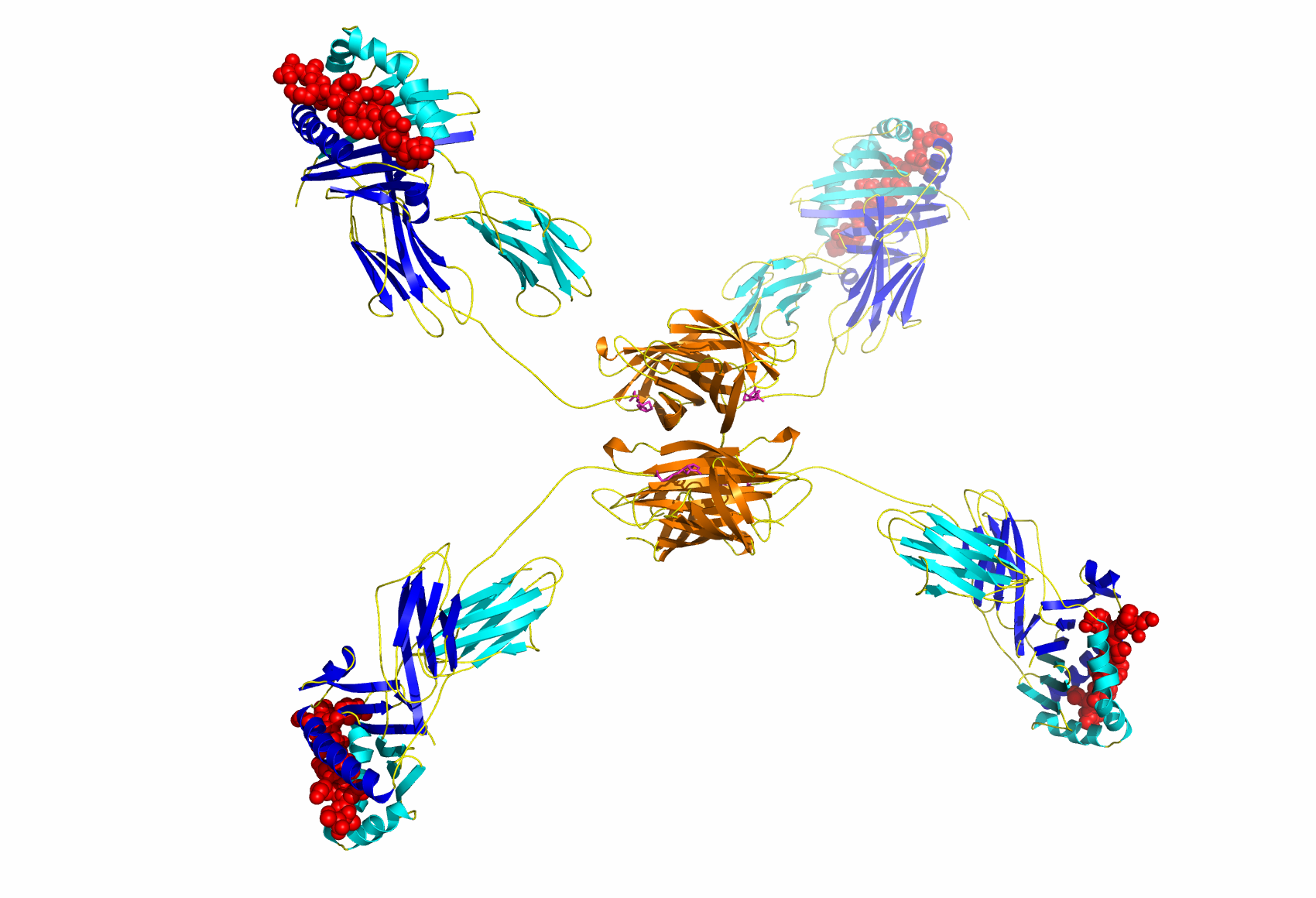ProImmune Introduces ProT2 MHC Class II Tetramer Reagents

Complete the form below to unlock access to ALL audio articles.
ProImmune’s offering represents the broadest choice of ready to order catalog and custom items in this field and will enable research into CD4+ T cell responses in a variety of disease areas including cancer, infectious diseases, allergy, autoimmunity and transplantation. Another key area for this product range is the detailed study of T cell help in unwanted immune responses to biologics.
CD4+ T cell responses are at the heart of steering the adaptive immune system directing both cytotoxic T cell responses and antibody responses mediated by B cells. ProT2 MHC Class II Tetramers allow the direct detection and separation of single antigen-specific CD4+T cells accurately by flow cytometry.

Nikolai Schwabe, CEO of ProImmune commented: “By introducing a broad and growing ProT2 Tetramer product range we intend to give MHC Class II tetramer analysis the emphasis it deserves in the study of CD4+ T cell responses which play such a pivotal role in adaptive immunity across so many disease and treatment modalities.”
ProT2 Class II MHC Monomer reagents are supported by ProImmune’s expert customer service and application support, helping new users in particular to establish and optimize robust protocols in their own laboratories.
This addition to ProImmune’s class II reagent offering further complements an already extensive range of services for evaluating CD4+ T cell responses, including ProImmune REVEAL® MHC peptide binding assays, CD4+ T cell and DC T cell proliferation assays and standard immune monitoring services through ELISPOT and flow cytometry based assays.

